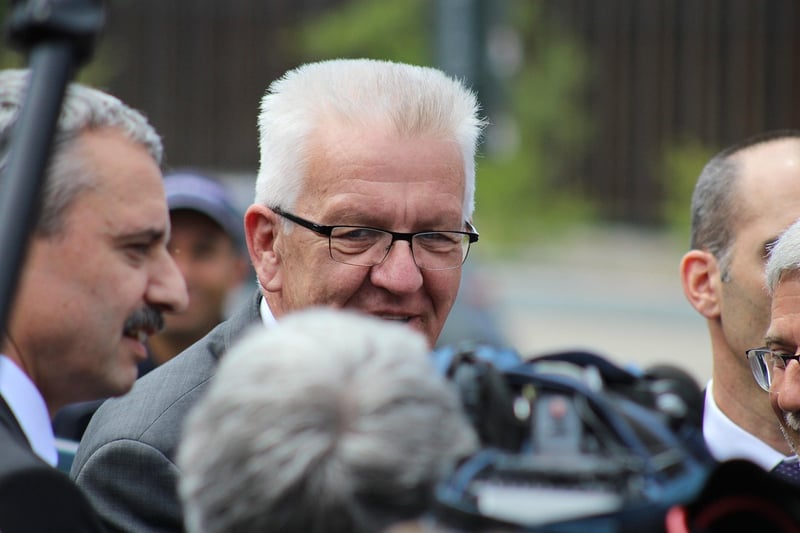Temporal Prime Directive
Rules of Time Travel and the Temporal Prime Directive
Time travel has long captured the imagination of people around the world. The concept of journeying through time, altering the past, or shaping the future is a common theme in science fiction. However, with great power comes great responsibility, and the rules of time travel are essential to prevent catastrophic consequences. One key principle that governs time travel in many fictional universes is the Temporal Prime Directive.
Rules of Time Travel:
1. The Butterfly Effect:
The Butterfly Effect states that even the smallest actions in the past can have significant and unpredictable consequences in the future. Time travelers must be cautious not to disturb the natural flow of events.
2. Paradoxes:
Avoid creating paradoxes such as the grandfather paradox, where a time traveler prevents their own existence by altering the past. Paradoxes can destabilize the timeline and lead to logical inconsistencies.
3. Fixed Points in Time:
Some events are considered fixed points in time and cannot be changed without dire consequences. Time travelers should exercise caution when approaching these pivotal moments.
Temporal Prime Directive:
The Temporal Prime Directive is a guiding principle that governs time travel in many fictional works, including the Star Trek universe. It outlines the following key rules:
- Avoid altering the natural course of history.
- Minimize interactions with people from the past to prevent contamination of the timeline.
- Do not use future knowledge for personal gain or to manipulate historical events.
- Respect the cultural norms and values of the time period visited.
Adhering to the Temporal Prime Directive is crucial to preserving the integrity of the timeline and preventing unintended consequences that could harm the fabric of reality.

Time travel remains a fascinating and complex concept, offering endless possibilities for storytelling and exploration. By understanding and following the rules of time travel, both in fiction and potentially in the future, we can navigate the temporal landscape responsibly and ethically.
